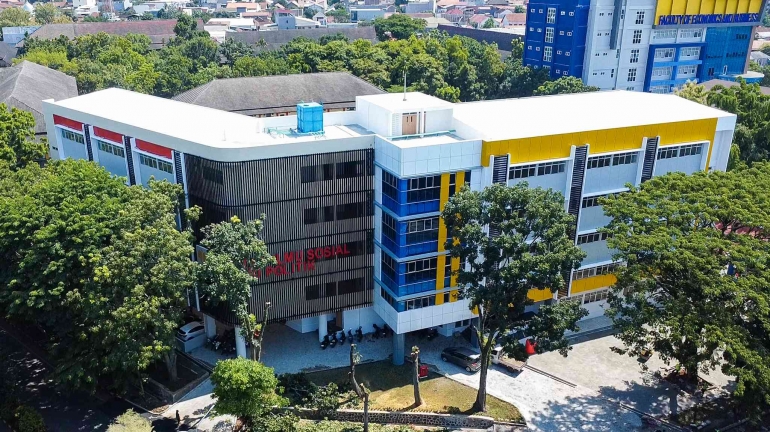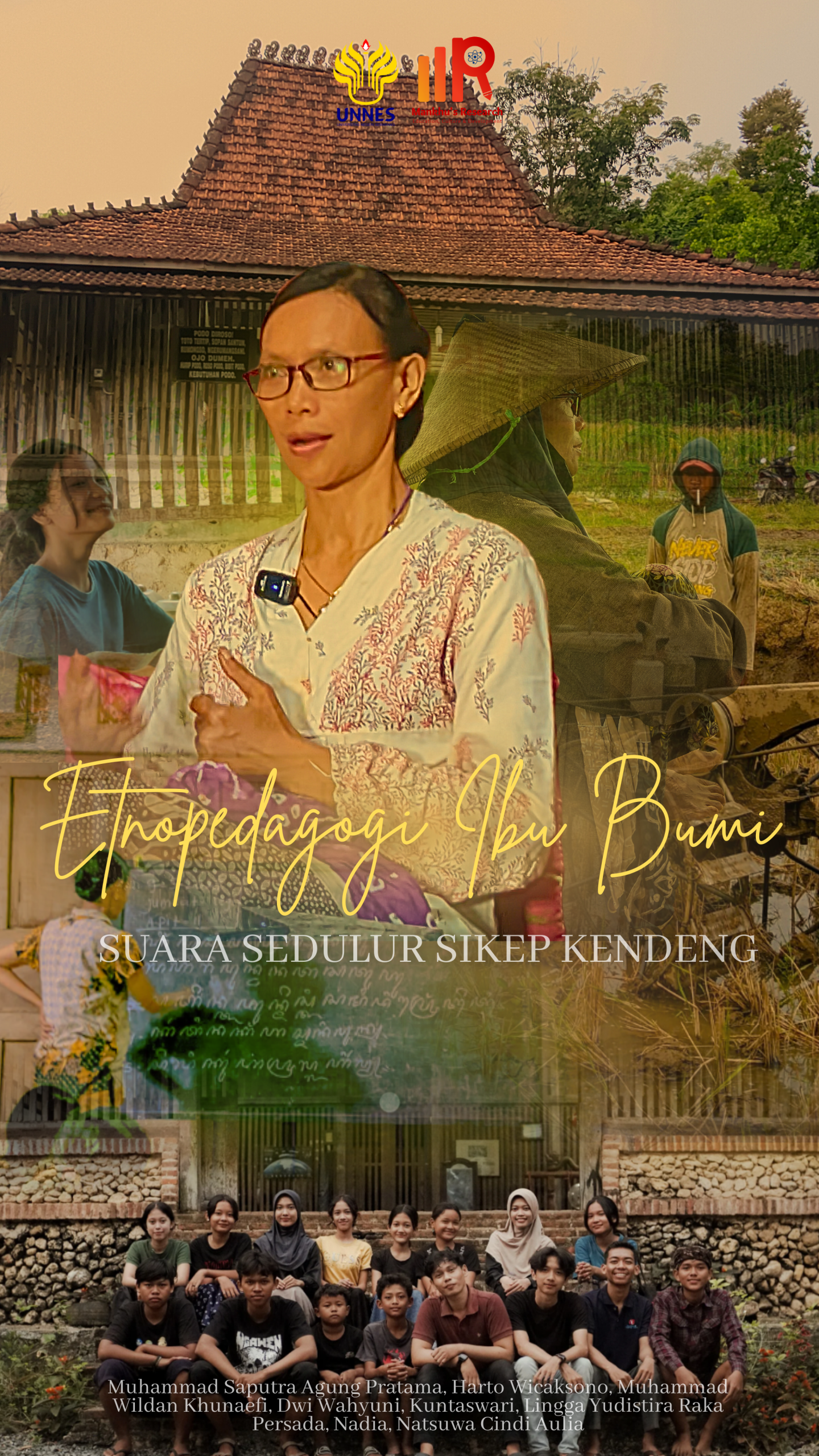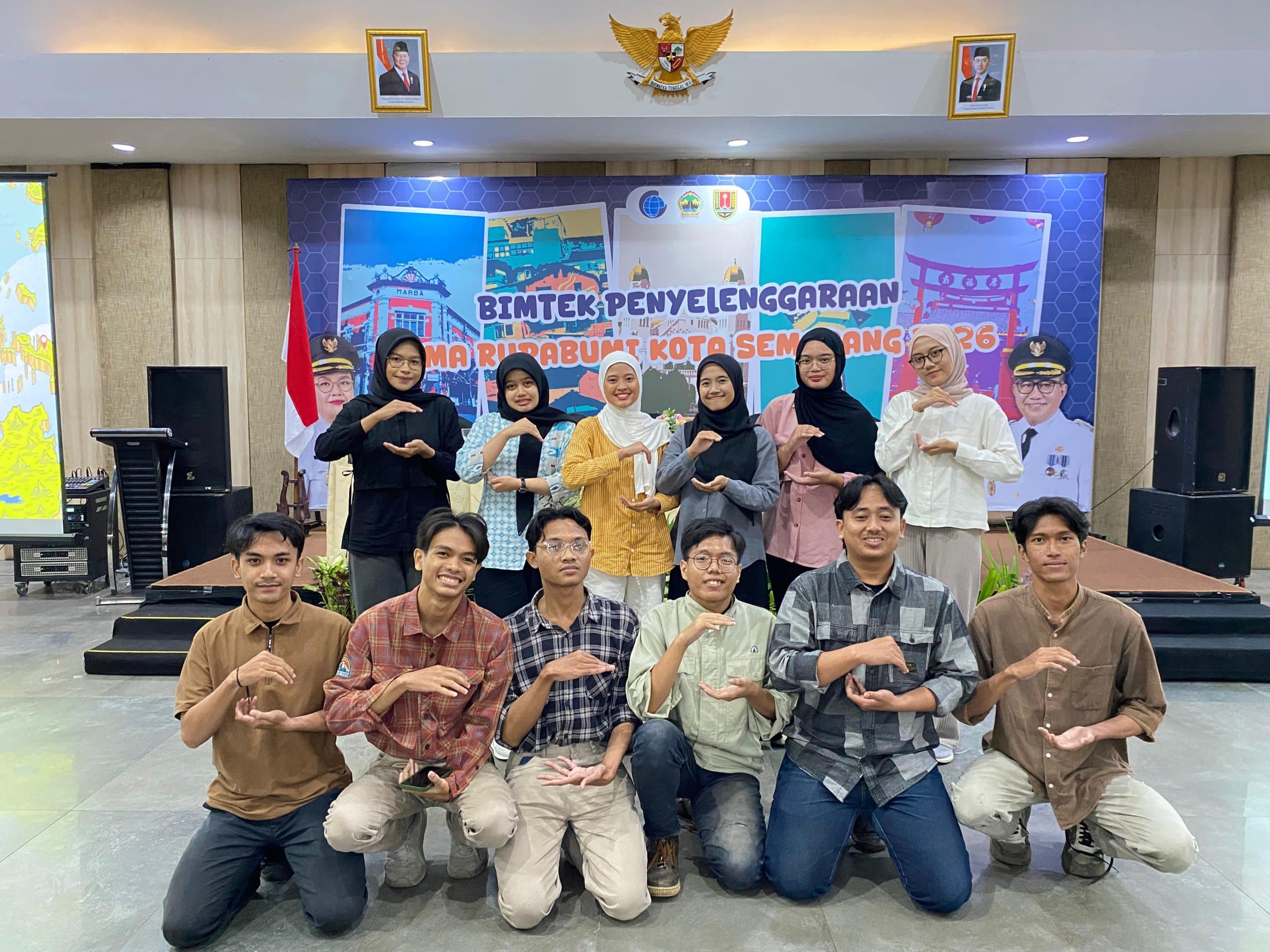Museum Perjuangan Mandala Bhakti is a national monument that symbolizes Indonesia’s struggle for independence from colonialism. Established in 1985, the museum is an important landmark that reminds Indonesians and tourists of the sacrifices made by the nation’s ancestors. The museum plays an important role in preserving and promoting national values such as unity, patriotism, and sacrifice.
One of the activities that attracts the most attention from visitors at the Mandala Bhakti Museum is the historical exhibition of the struggle for Indonesian independence. Visitors can see a unique collection of photographs, artifacts, and historical documents depicting Indonesia’s long journey to independence. Through this exhibition, visitors are invited to commemorate the services of heroes who fought for the independence of the nation. The main purpose of this observation is to study and understand what is displayed in the museum and preserve Indonesian national values in it. This allows them to better understand the historical events that took place and appreciate the struggles of the heroes.

In this museum, there are many collections of Indonesian independence that contain a variety of struggle values. This museum collection is also fairly complete.
Inside the museum there is a division of collection locations, starting from the front of the museum, which shows murals or paintings of the struggle of the Indonesian people after the arrival of the Dutch for the first time. In the room after that, there is a collection of relics of war clothes both from Indonesian fighters and from Dutch and Japanese soldiers. There are also paintings of people who had a hand in independence, such as Prince Diponegoro and the Dutch governor, Herman Willem Daendels. In addition to paintings, there are also collections such as war equipment, books of struggle relics, and medical equipment used during the struggle for independence.
The observations show that the Mandala Bhakti Struggle Museum continues to be an important institution in preserving and promoting Indonesian national values. The museum provides visitors with a comprehensive understanding of Indonesia’s struggle for independence and its journey towards a united and diverse nation. Visitors can learn about the struggles and sacrifices of the nation’s ancestors, such as the struggles of the nation’s heroes, which serve as inspiration for future generations. This observation highlights the importance of the Mandala Bhakti Struggle Museum in preserving and promoting Indonesian national values. The museum helps foster a sense of pride and unity among Indonesians, which is essential for the country’s continued growth and development.
In conclusion, the results of observations of national values at the Mandala Bhakti Struggle Museum confirm that museums play an important role in preserving and promoting Indonesian national values. Educational programs and museum exhibitions that provide visitors with a comprehensive understanding of Indonesia’s history and values inspire future generations to continue building a united and diverse Indonesia. The Mandala Bhakti Struggle Museum is a symbol of Indonesia’s struggle for independence and will continue to be an important institution for Indonesians and tourists.
Written by: Alma, Kisi, Kresna, Muzakia, Rayya, Rizky



